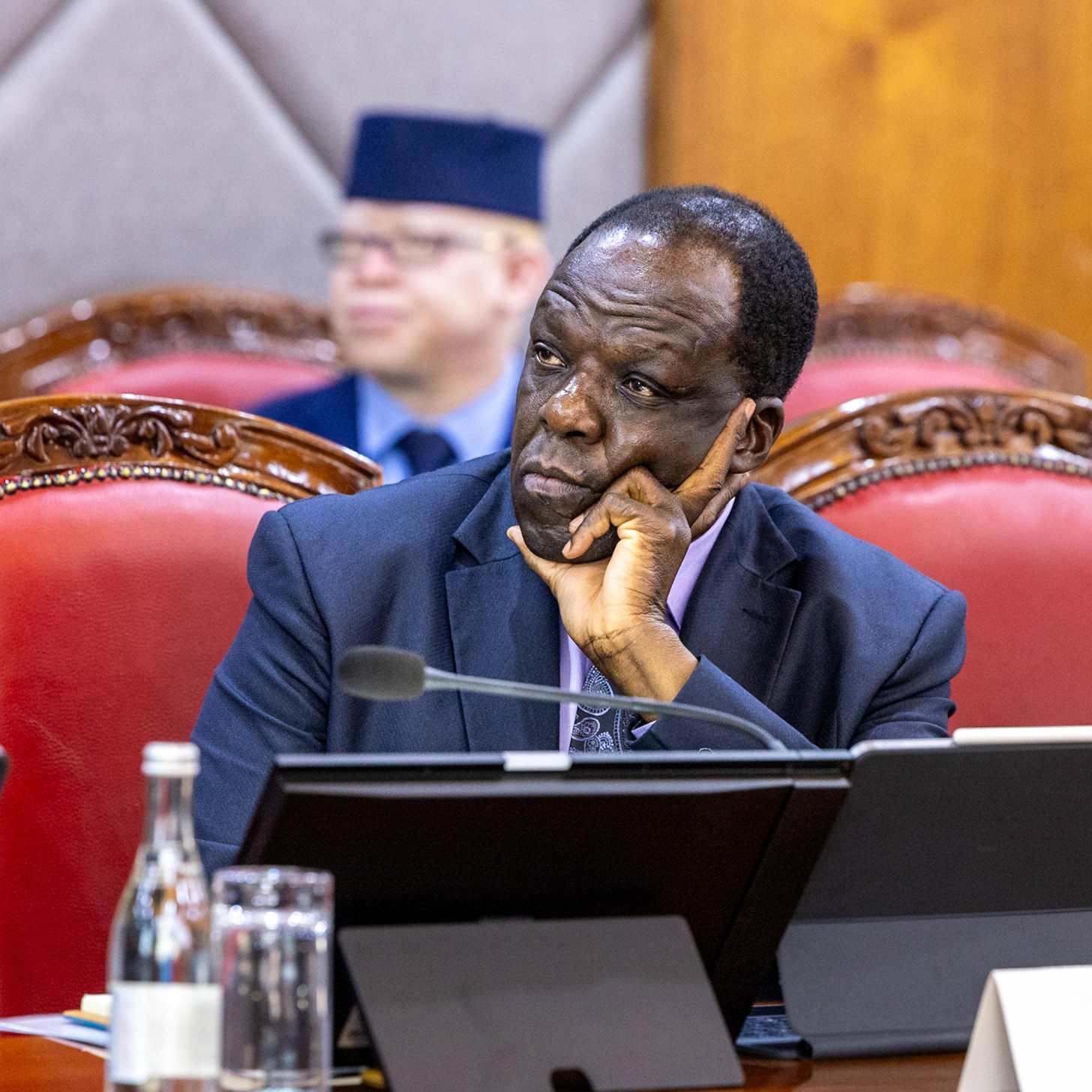The National Integrity Alliance (NIA) has demanded that Cooperatives and MSMEs Cabinet Secretary Wycliffe Oparanya be arrested immediately after the High Court on Tuesday overturned the Director of Public Prosecutions’ (DPP) decision to drop corruption charges against him.
The lobby described the ruling as a major step in ending impunity and a clear reminder that the DPP cannot act without oversight.
Justice Benjamin Musyoki, sitting at Milimani Law Courts, declared the DPP’s July 8, 2024, directive to close the case against the former Kakamega governor illegal and unconstitutional. The judge said abandoning charges of corruption, conflict of interest, abuse of office, and money laundering was “irregular, opaque and contrary to public interest.”
“The decision was shrouded in mystery and therefore worked against public interest, hence in violation of Article 157(11) of the Constitution,” Justice Musyoki said.
The court criticized the DPP for relying solely on submissions from Oparanya’s lawyers without carrying out fresh investigations through the Ethics and Anti-Corruption Commission (EACC), the body mandated to handle such cases. The judge said this approach amounted to overstepping legal boundaries.
NIA, which includes Transparency International Kenya, Inuka Kenya Ni Sisi!, the Kenya Human Rights Commission, and the Institute of Social Accountability, welcomed the ruling as a precedent-setting moment for accountability.
“This judgment is a landmark moment in the fight against impunity and state capture. It sets a crucial precedent affirming that the DPP cannot operate as a law unto itself,” the lobby said. It highlighted concerns over selective prosecution, noting that the DPP had dropped 18 high-profile corruption cases despite strong evidence.
“This judgment is a victory for accountability, transparency, and the rule of law. It exposes and condemns the backdoor deals that have long shielded powerful individuals from justice. The time for impunity is over. The people of Kenya deserve a justice system that protects the public interest, not the powerful,” the statement added.
Following the ruling, NIA demanded that the corruption charges against Oparanya be reinstated, based on the EACC’s findings and the High Court’s decision. The group also called for his immediate arrest and insisted that the DPP respect the EACC’s constitutional authority under Article 79 and Chapter Six, stopping any attempt to perform investigative duties. NIA stressed the need to restore cooperation between the ODPP and the EACC to maintain public confidence in anti-corruption efforts.
“The Constitution, the Office of the Director of Public Prosecutions Act, and the 2019 Guidelines on the Decision to Charge do not give the DPP unlimited authority to drop cases without consulting investigative bodies,” NIA said.
The case arose from a petition by activist Fredrick Mulaa, who argued that Oparanya’s Cabinet appointment was questionable because the corruption charges had been abruptly dropped. The EACC, which had investigated a Sh56.7 million case linked to Kakamega county contracts, supported the petition, saying its recommendations had been ignored.
While the court upheld Oparanya’s Cabinet appointment, noting Parliament followed the proper vetting process, it issued a writ of certiorari nullifying the DPP’s withdrawal of charges. The decision restores the corruption case and sets a clear limit on the DPP’s ability to bypass investigative agencies in future matters.

